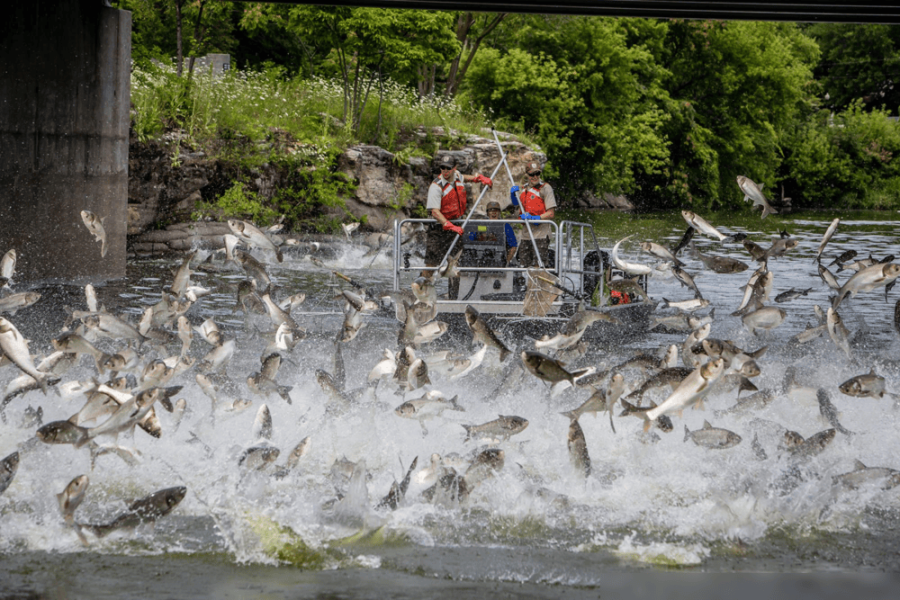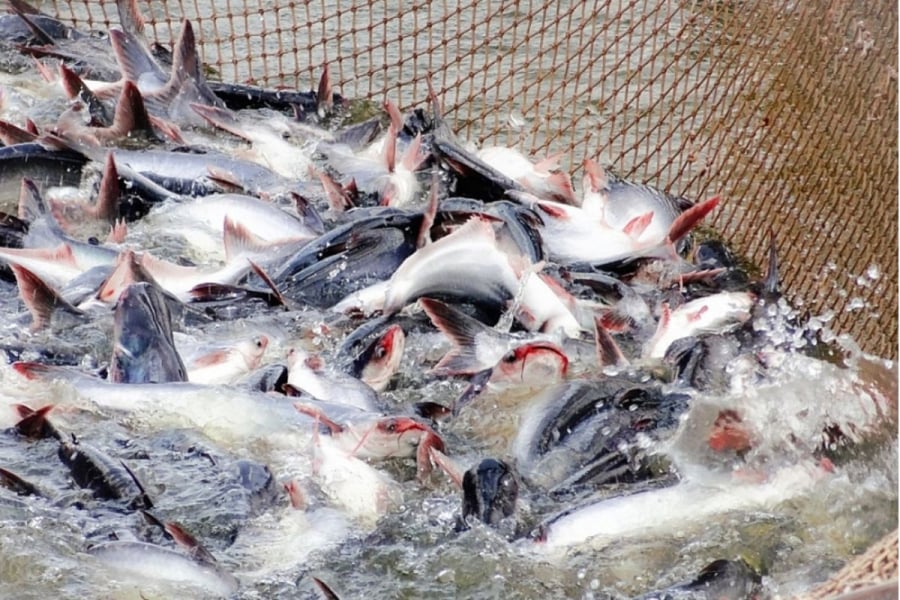Freshwater fish have long been an important food source for many Asian countries, especially in Vietnam. In contrast, seafood dominates the culinary scene in European and American countries. This difference in dietary preferences has roots in historical, environmental, and cultural factors unique to each region.
Why European and American Countries Rarely Consume Freshwater Fish
+ Water Pollution: The primary and most significant reason for the rarity of freshwater fish consumption in Europe and America is the severe pollution of their rivers and lakes. While the Industrial Revolution brought about remarkable advancements, it also had detrimental environmental consequences. Many factories in these regions discharged pollutants directly into water bodies, leading to severe contamination. This resulted in the decline and toxicity of freshwater fish populations, making them unfit for human consumption.

The severe pollution of rivers and lakes in Europe and America is the primary reason for the rarity of freshwater fish consumption in these regions.
+ Abundance of Seafood: Parallel to the scarcity of quality freshwater fish is the abundance and diversity of seafood available in European and American countries. With their extensive coastlines bordering rich oceanic resources, these regions naturally favor the consumption of seafood.
Seafood, particularly ocean fish, holds several advantages over freshwater fish in these areas. Ocean fish tend to have fewer small bones, are easier to prepare, and lack the characteristic muddy taste sometimes associated with freshwater fish. Moreover, the natural presence of sea salt in their diet contributes to a richer flavor profile.
+ Culinary Habits and Culture: Culinary habits and cultural preferences also play a significant role in shaping the way people in these regions consume fish.
When Americans experimented with cooking Asian carp, they found it to be more bony and complex in preparation compared to the seafood they were accustomed to. This inconvenience influenced their interest in freshwater fish, especially when compared to the convenience of preparing seafood.
The Future of Freshwater Fish in Western Cuisine

Despite its rarity in Western cuisine, freshwater fish are not entirely forgotten. With growing environmental awareness and sustainability initiatives, freshwater fish are gradually gaining traction as a potential food source in the West.
For instance, Asian carp is now being utilized in the US as a raw material for producing animal feed and fertilizer. Simultaneously, some restaurants and chefs in Europe and America are experimenting with new recipes featuring freshwater fish, introducing unique and exotic flavors to their patrons.




































